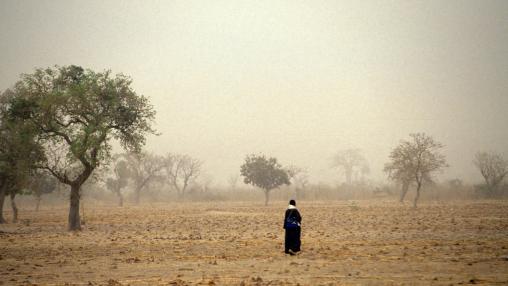
L'agriculture et le changement climatique : Partie du problème, partie de la solution
Depuis la déclaration des objectifs du millénaire pour le développement des Nations unies en 2000, le monde a fait des progrès considérables pour réduire la faim. Cependant, on estime que 200 millions d'Africains continuent de souffrir de malnutrition chronique et que cinq millions de personnes meurent encore chaque année des conséquences de la faim.
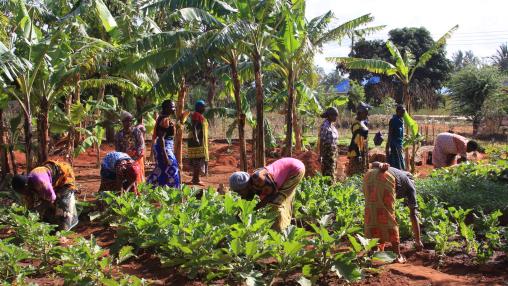
Linking Nutrition and Agriculture: Mozambique Policy Dialogue
In the inter-connected world of food security, partnerships – among countries, regions, and development organizations – can play a critical role in achieving research- and evidence-based policies to increase the resilience of global food systems and to improve food and nutrition security for all. In this light, since 2014, IFPRI has held a series of food policy dialogues in Africa south of the Sahara, in collaboration with various regional partners as part of the Food Security Portal project.

Big Data and Agriculture: CTA Event
On September 16, the Technical Centre for Agricultural and Rural Cooperation (CTA) will highlight the Africa south of the Sahara Food Security Portal at a panel event held in collaboration with IFPRI, the African, Caribbean and Pacific Group of States (ACP) Secretariat, the European Commission, and the Pan African Farmers Association (PAFO).
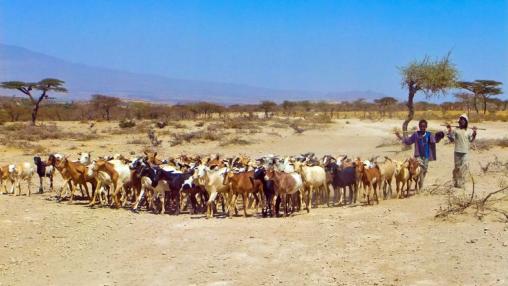
Impact of Climate Change on African Agriculture: Focus on Pests and Diseases
The latest CGIAR report on the impact of climate change on African agriculture argues that increased regional temperatures and a greater risk of pests and diseases will affect crop, livestock, and fisheries productivity throughout Africa. Without effective adaptation measures, regional production of maize and beans could decrease by up to 40% relative to the period 1970-2000, leaving areas like Eastern and Southern Africa with a need to rapidly adapt in order to improve and ensure food security.
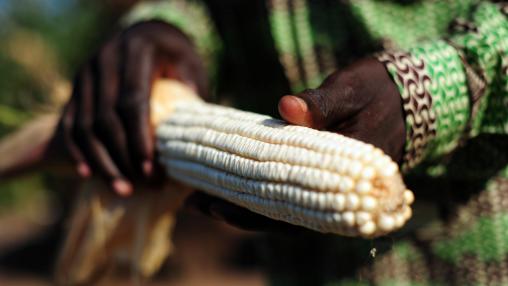
Changing Climate, Changing World: How African Agriculture Will Respond
Conversations about climate change often focus on future effects, but according to the latest Assessment Report from the Intergovernmental Panel on Climate Change, changes to the global climate have already had a significant impact on food production. Global agricultural productivity has declined over the past 30 years by 1-5 percent per decade, and this deterioration is expected to continue, even if we only experience low levels of warming (+2 ºC).
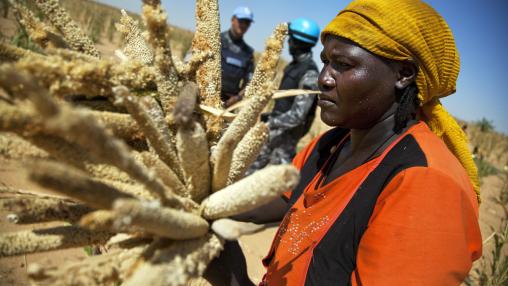
What Part Do Women Play in Agricultural Labor?
Since it was first cited in a 1972 paper by the United Nations Economic Commission for Africa, the idea that women perform 60-80 percent of agricultural labor in Africa has been a central theme in the broader debate about gender and development. A new study released by the World Bank’s Living Standards Measurement Study – Integrated Surveys on Agriculture (LSMSISA) initiative is now calling this commonly accepted wisdom into question, however.
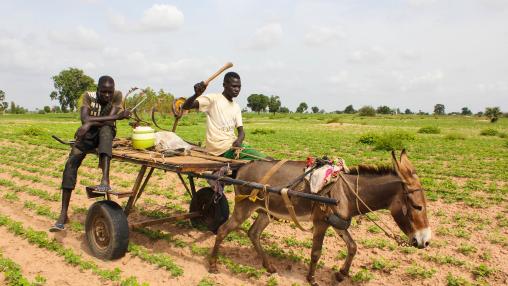
Event: Agriculture in Africa -- Telling Facts from Myths
“Rural youth are leaving agriculture in droves.” “Women perform the bulk of farm work.” “Few farmers use fertilizers and other modern inputs.”
These statements tend to be widely accepted, but are they actually true? Yes and no, and the answer will continue to change, said experts at Monday’s conference on “Agriculture in Africa: Telling Facts from Myths.”
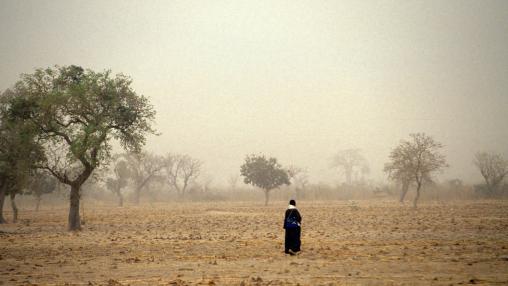
Climate Change and Smallholder Agriculture in Africa south of the Sahara
Smallholder farmers produce 80 percent of the food in Africa south of the Sahara, playing an important part in the region’s economy. But climate change is placing greater constraints on traditional agricultural methods, and farmers, both large and small, must find ways to adapt to this new environment.